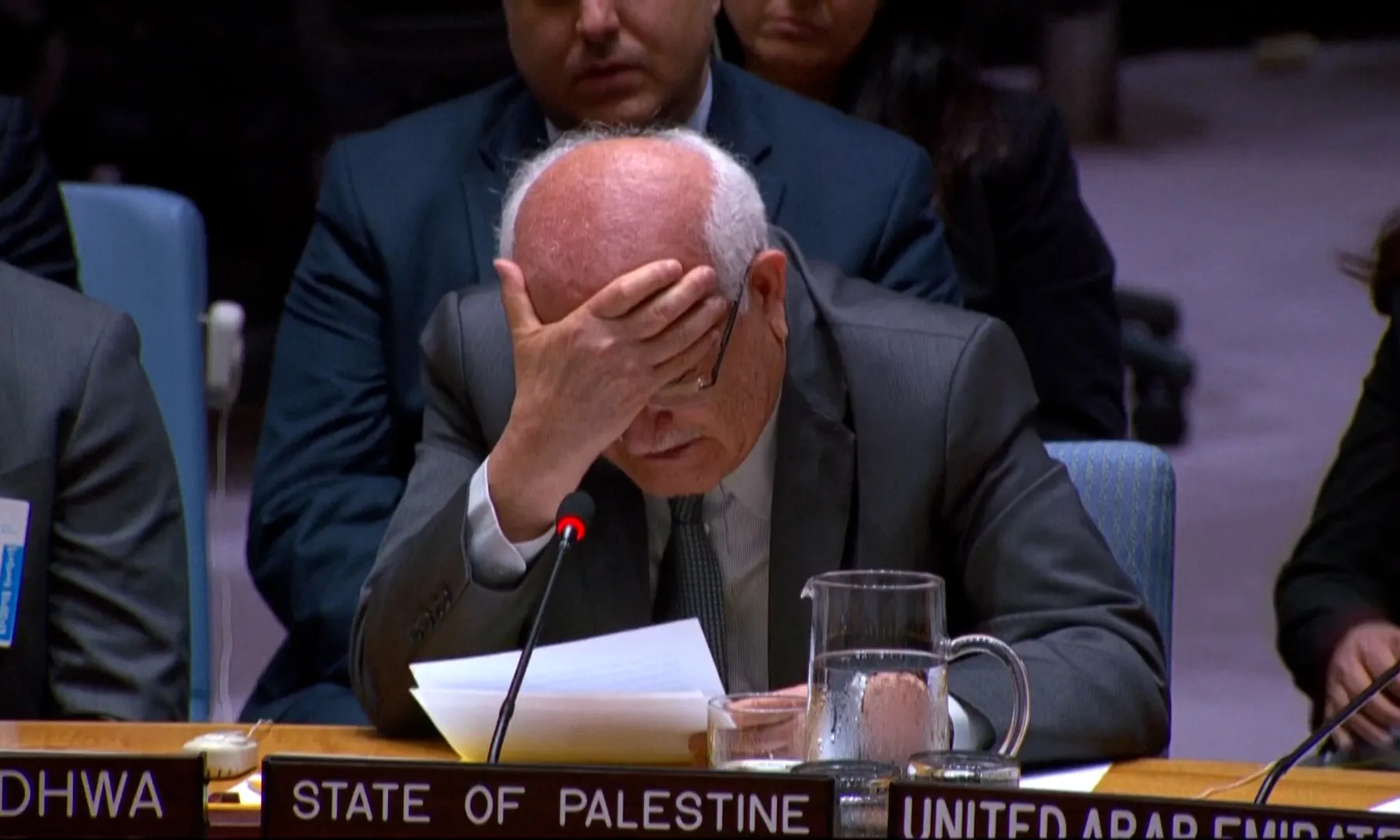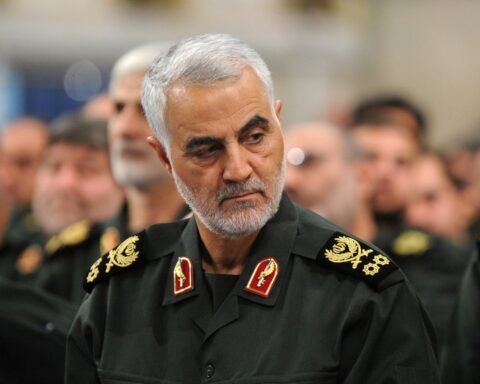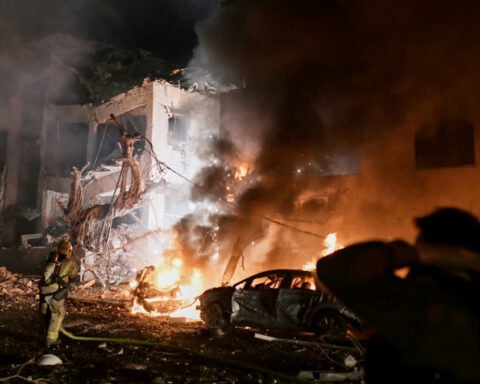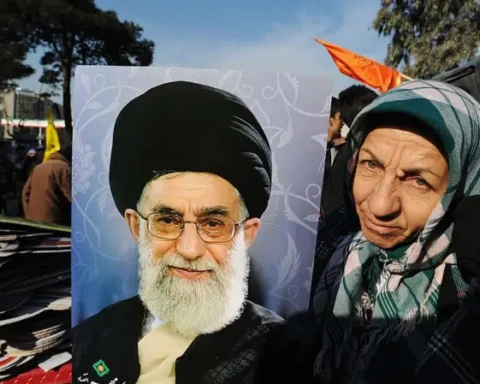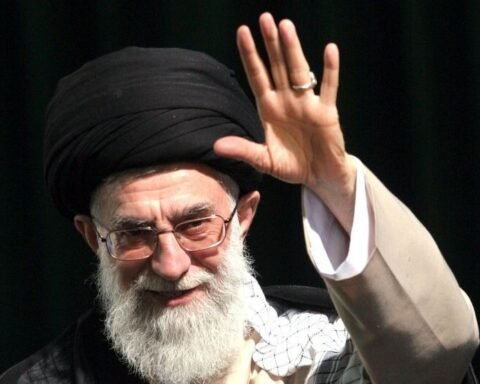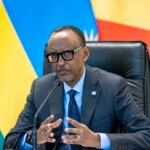An emotional plea from Riyad Mansour, the Permanent Observer of the State of Palestine to the United Nations, brought silence to the UN Security Council chamber this week as he wept while describing the ongoing humanitarian catastrophe in the Gaza Strip.
Mansour recounted the final message left on a whiteboard by a Palestinian doctor, Dr. Mahmoud Abu Nujaila, who was killed during an Israeli airstrike on Al-Awda Hospital. The note read: “Whoever stays until the end will tell the story. We did what we could. Remember us.”
The note was scribbled in the hours before the hospital was hit. Abu Nujaila, a longtime volunteer with Médecins Sans Frontières (Doctors Without Borders), was among the last remaining medical professionals at the facility, trying to provide care amid bombardments, fuel shortages, and a collapsing health infrastructure.
“This is the voice of our people, a voice that the world must no longer ignore,” Mansour said, choking back tears. “The children of Gaza are not numbers. They are human beings, and they are dying.”
The remarks follow nearly eight months of escalating conflict after the Hamas-led attack on Israel on October 7, 2023, which killed around 1,200 people and led to a massive Israeli military response. Since then, more than 35,000 Palestinians—many of them civilians—are believed to have died in Israeli airstrikes and ground operations.
The World Health Organization (WHO) has repeatedly warned that Gaza’s health system is on the brink of collapse. Hospitals like Al-Awda, which served as one of the last operational facilities in northern Gaza, have been overrun, bombed, or forced to evacuate under military pressure.
Ambassador Mansour accused the international community of complicity through silence, saying that moral outrage is no longer sufficient. “You hear the cries,” he said, gesturing to the chamber. “But you do not act. You watch from your podiums, while we bury our children.”
Also Read; Tanzania Strengthens Global Trade Partnerships With Japan
His tearful address comes as global pressure increases for a ceasefire and independent investigations into potential war crimes. Human rights groups like Human Rights Watch and Amnesty International have condemned what they describe as “collective punishment” of Gaza’s population.
Israel, meanwhile, maintains that its military operations are targeting Hamas infrastructure and leadership, not civilians, and has accused Hamas of using hospitals and schools as cover—claims that are heavily contested by humanitarian agencies on the ground.
The United Nations has issued multiple resolutions demanding humanitarian access and protection of civilians, yet enforcement has been weak. Calls for a sustainable peace process continue to falter, despite regional mediation efforts by Egypt, Qatar, and the United States.
As Mansour ended his address, he left the chamber with a final appeal not to politics, but to humanity. “If this chamber can no longer protect the innocent, then the question must be asked—what is the purpose of our gathering here today?”

